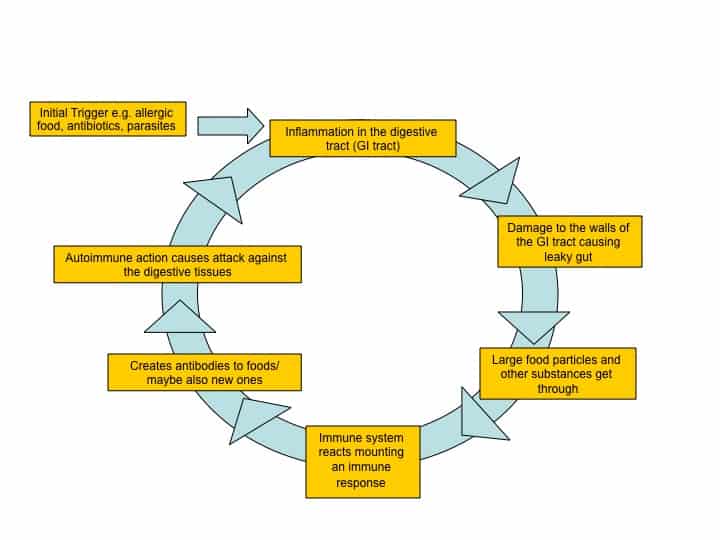Prostate Cancer
Male Cancers can be decreased with healthy practices and regular screenings. Research that shows you can reduce the risk of prostate cancer by consuming green tea, pomegranates and following a wholefood diet based around mediterranean-style eating habits (prostate cancer is much lower in countries where this is the normal way of eating). This means extra virgin olive oil, low amounts of red meat and dairy products, which have been shown to be associated with a higher risk of developing this disease.
Book an appointment for a nutritional consultation to reduce your risk.
Testicular Cancer
Testicular cancer is the most common cancer in men 20 to 35 years old. It occurs when malignant (cancer) cells form in the tissues of one or both testicles.
The testicles are the male sex glands and produce testosterone and sperm.
Almost all testicular cancers start in the germ cells, where sperm is produced. The two main types of testicular germ cell tumors are seminomas and nonseminomas. These 2 types grow and spread differently and are treated differently. Nonseminomas tend to grow and spread more quickly than seminomas. Seminomas are more sensitive to radiation. A testicular tumor that contains both seminoma and nonseminoma cells is treated as a nonseminoma.
Risk factors for developing testicular cancer include:
- Having had an undescended testicle.
- Having had abnormal development of the testicles.
- Having a personal or family history of testicular cancer.
- Having Klinefelter’s syndrome.
- Being white.
What are the symptoms of testicular cancer?
- A painless lump or swelling in either testicle.
- A change in how the testicle feels.
- A dull ache in the lower abdomen or the groin.
- A sudden build-up of fluid in the scrotum.
- Pain or discomfort in a testicle or in the scrotum.
How is testicular cancer diagnosed?
The following tests and procedures may be used by your doctor:
- Physical exam and history: An exam of the body to check general signs of health, including checking for signs of disease, such as lumps or anything else that seems unusual. The testicles will be examined to check for lumps, swelling, or pain. A history of the patient’s health habits and past illnesses and treatments will also be taken.
- Ultrasound exam: A procedure in which high-energy sound waves (ultrasound) are bounced off internal tissues or organs and make echoes. The echoes form a picture of body tissues called a sonogram.
- Serum tumor markers (measured to help diagnose testicular cancer):
- Alpha-fetoprotein (AFP).
- Beta-human chorionic gonadotropin (ß-hCG).
- Lactate dehydrogenase (LDH).
How Can Natural Therapies Help?
Unlike medical intervention, which is either: burn it (radiotherapy), poison it (chemotherapy), or cut it out (surgery), the naturopathic approach is to improve the health of you as a person, whatever choice you have made about treatment. We will support you in the decision you have made, informing your healthcare providers of the recommended regime if you wish us to do so. We can also support you to create a mind-body state that will aid you on your journey.
Our goal is to maximize your recovery and support your return to ultimate health.











